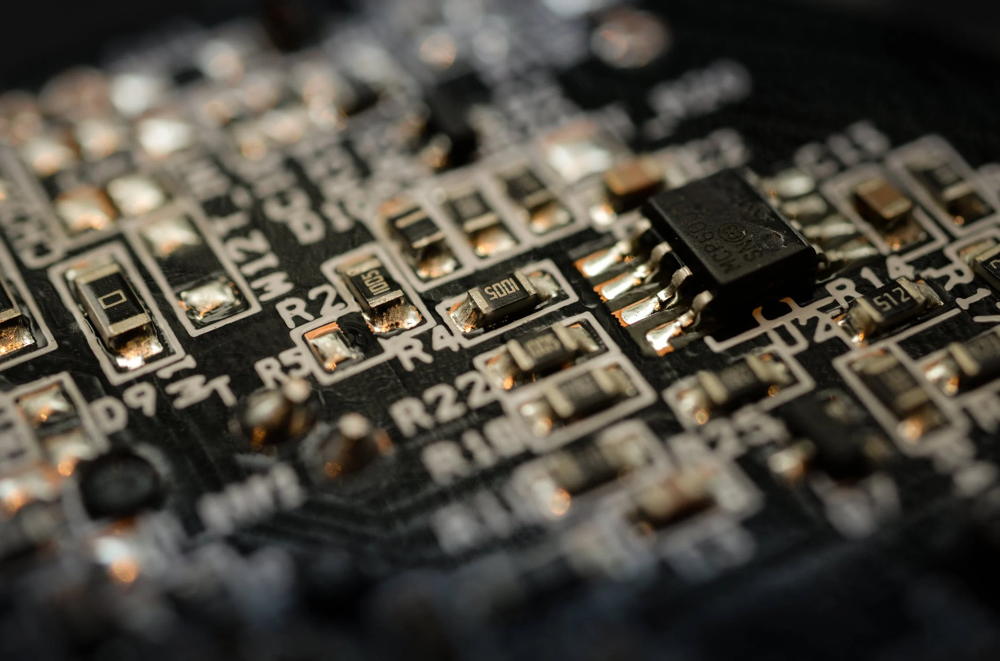

Image credit: Pexels
Chinese tech giant Tencent said on Monday it has entered mass production with a video transcoding processor called Canghai that was developed in-house.
The chip, which Tencent said is being used to power services including cloud gaming and video streaming, was developed as part of China’s push to develop its domestic semiconductor industry – something opposed by increasingly stringent regulations from the US and allies including the Netherlands and Japan.
Shenzhen-based Tencent, which operates the ultra-popular WeChat messaging app in China, said in an online post that tens of thousands of Canghai cihps are in operation.
The chip “focusses on solving the impossible triangle of high image quality, low latency, and low cost in video encoding and decoding”, Tencent said.
In 2021 the firm unveiled Canghai along with two other self-designed chips for artificial intelligence and network interface control.
The Zixiao AI chip has been deployed in handling internal business, Tencent said, while the Xuanling network interface controller is helping the company “build the next generation of high-performance network infrastructure”.
“Tencent has a long-term plan to research and develop as well as invest in semiconductors,” the firm said. “Several chips have entered the market at scale.”
Export controls brought in by the US, the Netherlands and Japan beginning last autumn aim to cut off the supply of high-end chips to Chinese firms, while also preventing companies in China from obtaining the equipment necessary to manufacture their own high-end chips.
Nvidia said late last month it had modified its flagship H100 AI chip into a version called the H800 which it said complies with the new export controls and can be sold to China.
Such chips are necessary to power the massive cloud processing networks behind AI tools such as OpenAI’s ChatGPT.
Reuters reported that Nvidia had mainly reduced the chip-to-chip data transfer rate of its H100 to about half the rate to create the China-focused H800.
American space agency prepares for testing of Boeing's Starliner, to ensure it has two space…
As UK and Europe develop closer military ties, European Commission says it will invest €1.3…
Zuckerberg seeks to revive Facebook's original spirit, as Meta launches Facebook Friends tab, so users…
Notable development for Meta, after appeal against 2021 WhatsApp privacy fine is backed by advisor…
First sign of shake-up under new CEO Lip-Bu Tan? Three Intel board members confirm they…
Trump's nominee for SEC Chairman, Paul Atkins, has pledged a “rational, coherent, and principled approach”…